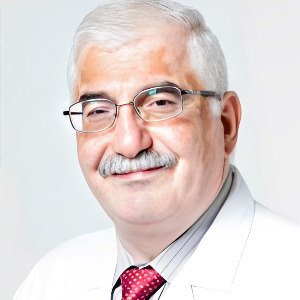In medicine, etiology refers to determining the cause of a disease or condition. Its impact on the evolution of civilization may be traced back to a number of significant findings, spanning from the germ theory of pathology to modern understanding of disease origins and regulation. Diabetes has a disease-specific etiology as well as a person-specific etiology. A complex interaction of genetic, environmental, and lifestyle variables causes diabetes. The destruction of pancreatic cells by the immune system causes type 1 diabetes. Type 2 diabetes is characterized by insulin resistance and relative insulin insufficiency and is often caused by a genetic predisposition. Insulin resistance is exacerbated by ageing, lack of physical activity, and being overweight (BMI 25-29.9 kg/m2) or obese (BMI >30 kg/m2).
- Environmental factors
- Genetic factors
- Lifestyle factors/demographics
- Disease associated with diabetes

Mahir Khalil Ibrahim Jallo
Gulf Medical University, Canada
Yong Xiao Wang
Albany Medical College, United States
F Buck Willis
Belize Bible College, Belize
Sujith Rajan
NYU Long Island School of Medicine, United States
Amy Gutman
AdventHealth; Tough Love MD, United States
Paraskevi Theofilou
Hellenic Open University, Greece


Title : Adipose MTP deficiency protects against hepatic steatosis by upregulating PPAR activity
Sujith Rajan, NYU Long Island School of Medicine, United States
Title : Important roles and mechanisms of novel calcium signaling in diabetes-induced vascular dementia
Yong Xiao Wang, Albany Medical College, United States
Title : Does winter melon (Benincasa hispida) improves nutritional values and ameliorating glycaemic parameters?
Wan Rosli Wan Ishak, Universiti Sains Malaysia, Malaysia
Title : Diabetes reduction (pre-diabetes and type 2) with integrative medicine
F Buck Willis, Belize Bible College, Belize
Title : The menopausal mind: Reframing female senescence as a neuroendocrine disorder with root cause management strategies
Amy Gutman, AdventHealth; Tough Love MD, United States
Title : Bridging the gap: Coaching patients on GLP-1s for sustainable outcomes beyond the prescription
Keith Hersey, Master Your GLP-1, United States